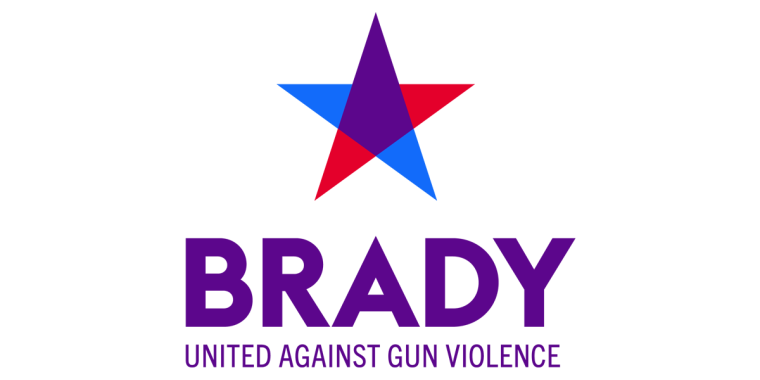
Brady Applauds New York For Taking Action to Curb 'Ghost Guns'

Washington, D.C., February 11, 2021 - Following the passage of S13 and S14, bills to regulate self-assembled and untraceable ghost guns, by the New York State Senate, Brady applauds the leadership of Senators Anna Kaplan and Brad Hoylman for taking action to curb the proliferation of these weapons and to prevent gun violence.
Brady President Kris Brown shared:
“The New York State Senate rightly took action to address the urgent issue of ghost guns. These bills are common-sense and needed. Unregulated and untraceable ghost guns are quickly becoming a weapon-of-choice for people prohibited from purchasing firearms under federal and state law, like domestic abusers. We have seen ghost guns used in these crimes in New York already, such as when six-year-old Miguel Everson was shot in the back by his uncle, who was a prohibited purchaser but obtained a ghost gun. These bills are necessary to prevent tragedies such as this from occurring and to curb gun trafficking in communities all across the country. Thank you to Senators Kaplan and Hoylman for championing these bills and to the New York State Senate for swiftly and sensibly passing them. Brady looks forward to these bills becoming law.”
About These Bills:
S13 - This bill would enact the "Scott J. Beigel unfinished receiver act,” making it a crime to sell unfinished frames or receivers in the state of New York.
S14 - This bill would enact the “Jose Webster untraceable firearms act,” making it a crime to sell ghost guns and requiring gunsmiths to register and serialize firearms, rifles, shotguns, and unfinished frames or receivers they assemble.
About Ghost Guns:
Ghost guns are unserialized and untraceable firearms that can be bought online and assembled at home. They are often sold through "ghost gun kits," which include all of the parts and often the equipment necessary to build these weapons at home. These kits are widely available and can be purchased by anyone, including prohibited purchasers, domestic abusers, and gun traffickers — without a background check. As these kits and guns are sold at gun shows and online every day throughout the country, they undermine all of the life-saving policies that state legislatures have fought so hard to put in place.
This is a growing concern, as:
-
The CA Bureau of Firearms seized 512 percent more ghost guns from persons identified through the Armed Prohibited Persons System database in 2019 than in 2018.
-
In January 2020, the ATF’s Los Angeles Field Division reported that over 40 percent of its cases involved ghost guns.
-
In just one week in January 2021, 17 percent of firearms recovered by the Metropolitan Police Department in Washington, DC were ghost guns.
-
In San Francisco, the number of ghost guns seized by local law enforcement jumped 600 percent between 2017 and 2019
-
In Onondaga County, in New York State the number of ghost guns recovered jumped 188 percent between 2018 and 2019 and in 2020, the county was again on track to break their record for recoveries - halfway through the year, more ghost guns had been recovered than in all of 2019.
-
Ghost guns have been used in a wide variety of crimes in all over the country , including homicides, robberies, school shootings, mass shootings, killings of law enforcement, and domestic violence.
About Brady’s Lawsuit McFadyen v. Ghost Gunner Inc.
Represented by Brady and Brady Legal Alliance partners Orrick, Herrington, & Sutcliffe, the survivors and the families of the people killed in the 2017 mass shooting in Rancho Tehama, California, recently brought forward McFayden v. GhostGunner Inc., the nation’s first two civil lawsuits by victims of gun violence against the ghost gun industry.
Brady alleges in the complaint that the defendants have chosen to engage in a business that utilizes online loopholes that enable prohibited purchasers to acquire weapons without a Brady Background Check or any interaction with a Federal Firearms Licensee (FFL). In doing so, Brady alleges that the defendants have chosen to intentionally undermine federal and state gun laws by designing, marketing, and selling ghost gun kits and firearms parts, which resulted in the Rancho Tehama gunman, who was barred from purchasing or possessing a firearm, being able to obtain two AR-15-style ghost guns. During the gunman’s shooting spree in November 2017, he killed five people and injured 18 others at eight separate crime scenes, including an elementary school.



